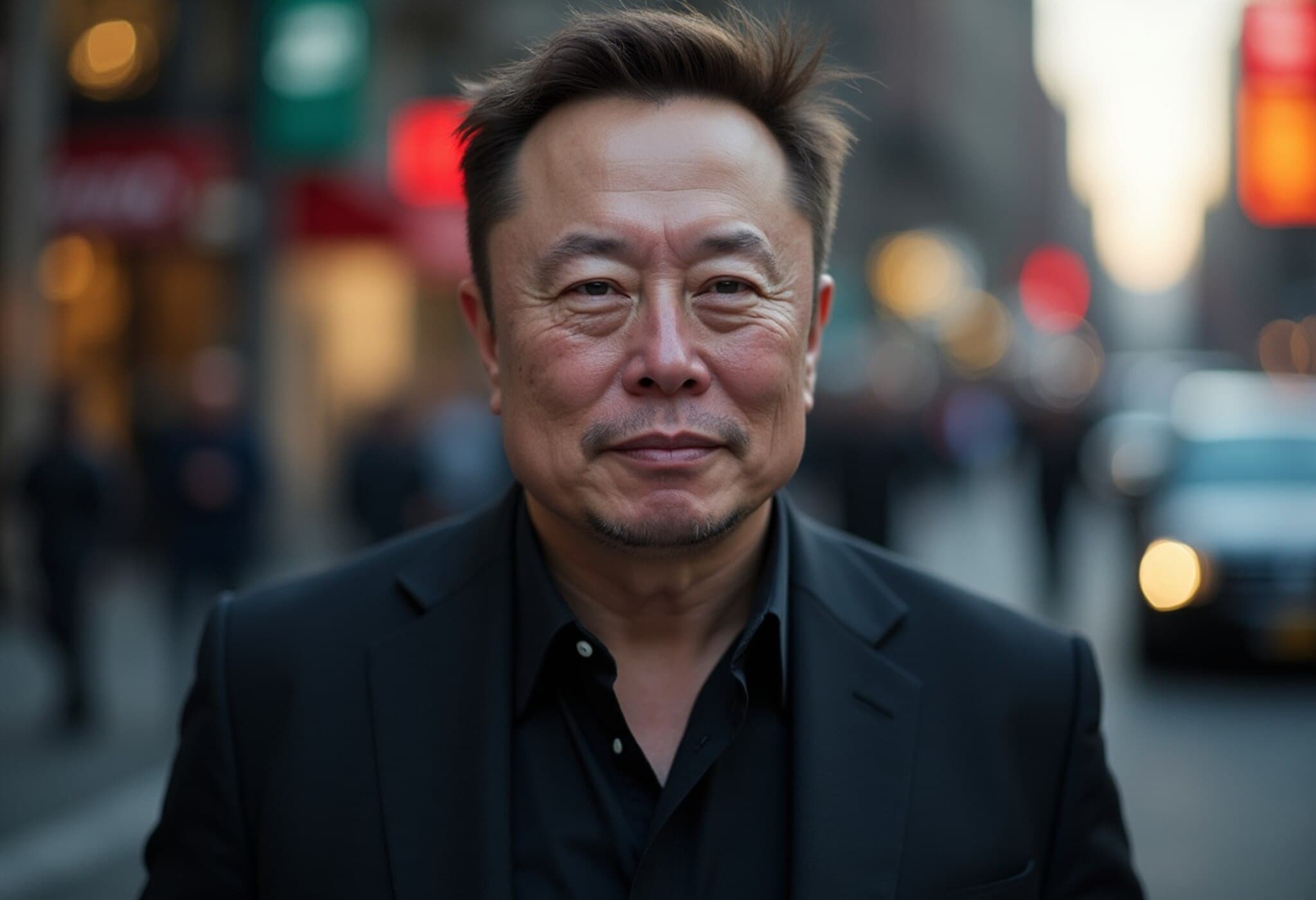AI Surge Sparks Unmatched Wealth Creation
In 2025, artificial intelligence (AI) is proving to be a transformative force not only in technology but also in wealth creation. The rapid expansion of AI startups and soaring valuations have ushered in what experts call the largest and fastest wealth-building spree in modern history, dwarfing previous tech booms.
Record-Breaking Fundraising and Valuations
Over the past year, blockbuster funding rounds have catapulted AI companies like Anthropic, Safe Superintelligence, OpenAI, and Anysphere to staggering valuations. According to CB Insights, there are currently 498 AI unicorns—private companies valued at over $1 billion—with a collective worth of about $2.7 trillion. Remarkably, 100 of these unicorns were founded after January 2023, highlighting the sector's explosive growth.
This surge is supported by over 1,300 AI startups valued above $100 million, alongside AI-related publicly traded companies and data infrastructure firms, which together are generating personal fortunes and driving record-breaking remuneration for AI engineers.
Emergence of a New Billionaire Class
Silicon Valley and other tech hubs are witnessing an influx of newly minted billionaires emerging from this AI revolution. In March, the combined net worth of billionaires linked to four major private AI companies was estimated at $38 billion. Noteworthy milestones include:
- Mira Murati and Dario Amodei’s contributions at OpenAI and Anthropic.
- Entrepreneurs like Michael Truell, CEO of Anysphere, whose company’s valuation soared to nearly $20 billion.
- Thinking Machines Lab founder, who raised a record $2 billion seed round within months.
Despite their impressive paper valuations, much of AI wealth currently remains tied up in private company equity, limiting liquidity for founders and early investors.
Private Markets and Liquidity Dynamics
Unlike the dot-com era, where many companies raced to IPO, today's AI startups are confidently staying private longer, fueled by abundant venture capital, sovereign wealth funds, and family offices. However, growing secondary markets now enable founders and employees to sell shares privately, providing some liquidity. Structured secondaries and tender offers are increasingly common, with companies like OpenAI planning secondary sales to reward employees.
Moreover, M&A activity has accelerated, exemplified by Meta's acquisition of Scale AI, which supplied liquidity to shareholders and allowed founders to capitalize on their stakes. Since 2023, there have been over 70 significant liquidity events in AI startups, ranging from mergers to IPOs.
Silicon Valley at the Epicenter
The AI wealth explosion remains geographically concentrated, reminiscent of the dot-com boom's Bay Area dominance. Silicon Valley raised over $35 billion in venture capital last year alone. The region now boasts more billionaires than New York City (82 vs. 66) and has seen its millionaire population double in the past decade, outpacing New York's growth.
Real estate trends reflect this wealth concentration, with unprecedented sales of homes priced above $20 million in San Francisco, rebuffing prior concerns about the city's economic sustainability.
Andrew McAfee of MIT, who monitors digital economy trends, observes that despite decades of speculation about Silicon Valley’s decline, it continues to thrive as the hub for cutting-edge tech entrepreneurship and investment.
Opportunities and Challenges for Wealth Management
The influx of AI-created wealth poses both opportunities and challenges for wealth management firms. While billions in paper wealth exist, most AI fortunes are illiquid, limiting immediate investment and service opportunities for traditional wealth advisors.
Simon Krinsky, a veteran in wealth management, notes that many AI entrepreneurs currently have limited access to liquid assets for portfolio diversification or philanthropy. However, as AI companies mature and pursue IPOs or further secondary liquidity events, wealth managers anticipate growing demand for tailored services.
Drawing parallels to the 1990s dot-com millionaires, early AI wealth holders are expected to initially reinvest in AI and tech ventures through their networks before embracing diversification strategies. Over time, seasoned advisors and financial planners will play a critical role in guiding these new ultra-wealthy clients through complex estate planning, tax optimization, and wealth preservation.
Long-Term Impact: AI Disrupting Wealth Management Itself?
Interestingly, many AI entrepreneurs show a preference for integrating technology into wealth management, as reflected in initiatives like Netscape founder Jim Clark’s early ventures to reinvent financial services. It remains to be seen how this new generation of tech billionaires will reshape or even disrupt private wealth management paradigms.
Editor’s Note
The ongoing AI-driven wealth creation marks a historic turning point in wealth dynamics, centered in Silicon Valley's unique ecosystem. While the fortune created is immense, its liquidity and longevity remain tied to market maturation and IPO activity. For policymakers and financial sectors alike, crucial questions emerge:
- How will this wealth reshape economic inequality and regional development?
- What regulatory frameworks are needed to ensure transparency and fair access?
- Can traditional wealth management adapt quickly enough to the needs of AI entrepreneurs?
As AI continues to advance, stakeholders must watch carefully to balance innovation-led wealth growth with inclusive economic opportunity.














